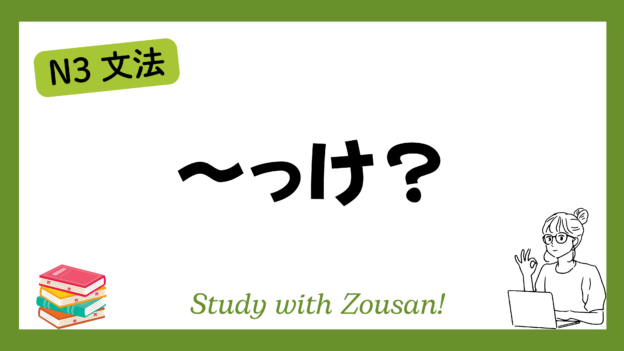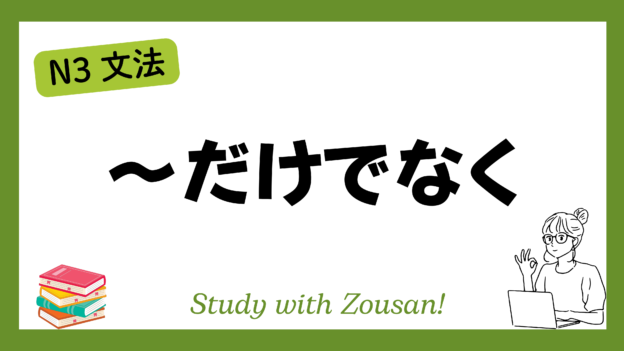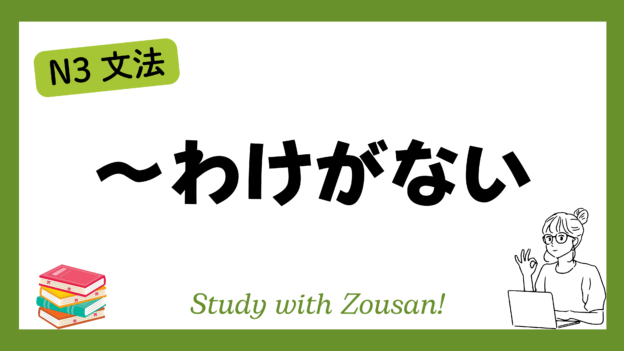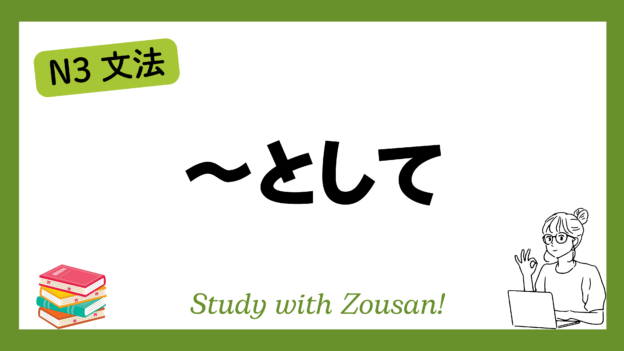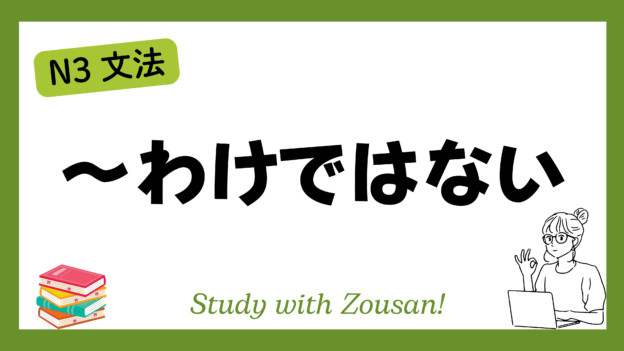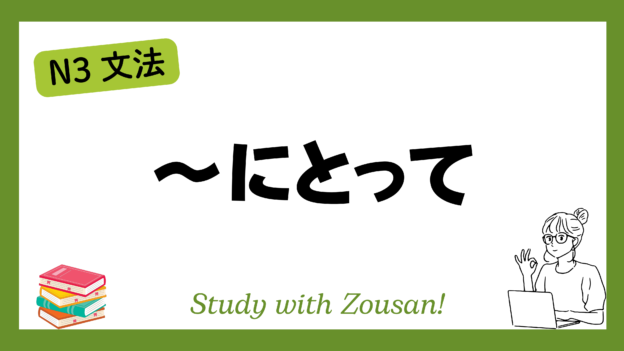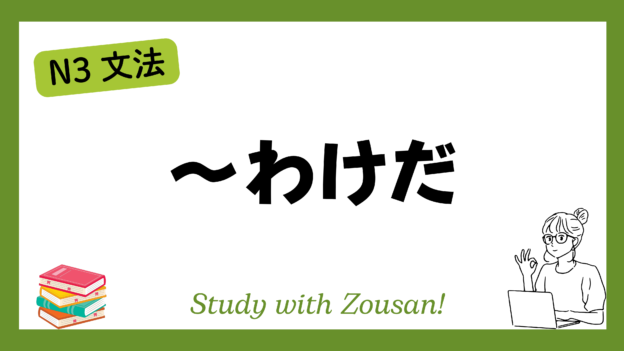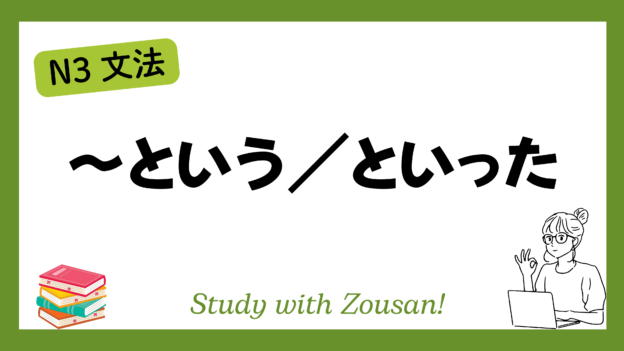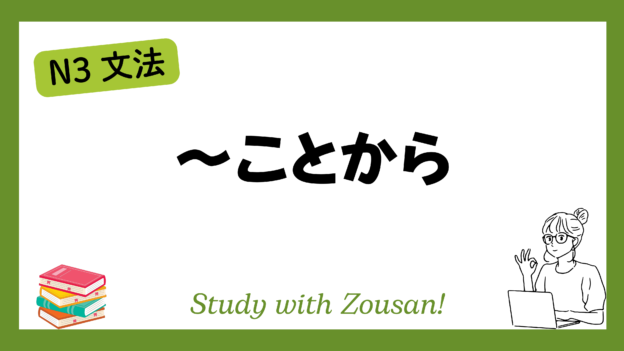Meaning: “Was it…?”, “Is it…?”, “Do you remember if…?”
“~っけ?” is a casual phrase used when the speaker is trying to recall something they have forgotten or are unsure about. It is often used when asking oneself or confirming information with someone else. It can be translated as “Was it…?” or “Is it…?”.
※Note: This structure is informal and commonly used in casual conversation.
Structure:
| Verb | + っけ? |
| Noun + (だ / だった) | |
| な-adjective + (だ / だった) | |
| い-adjective + |
Example:
-
-
-
🌟 明日が休みだっけ?
(あした が やすみ だっけ?)
Is tomorrow a holiday? -
🌟 彼の名前は田中さんだったっけ?
(かれ の なまえ は たなか さん だった っけ?)
Was his name Mr. Tanaka? -
🌟 この映画、もう見たっけ?
(この えいが、もう みた っけ?)
Did I watch this movie already? -
🌟 宿題はどこに置いたっけ?
(しゅくだい は どこ に おいた っけ?)
Where did I put my homework? -
🌟 今日は何曜日だっけ?
(きょう は なんようび だっけ?)
What day of the week is it today? -
🌟 彼女は何歳だっけ?
(かのじょ は なんさい だっけ?)
How old is she again? -
🌟 この駅で降りるんだったっけ?
(この えき で おりる ん だった っけ?)
Was it this station where we get off? -
🌟 そのレストランは何時に開くんだっけ?
(その レストラン は なんじ に あく ん だっけ?)
What time does that restaurant open again? -
🌟 この道をまっすぐ行けばよかったんだっけ?
(この みち を まっすぐ いけば よかった ん だっけ?)
Was it straight down this road? -
🌟 あの人とはどこで会ったんだっけ?
(あの ひと とは どこ で あった ん だっけ?)
Where did I meet that person again?
-
-


